Mental Health & Hunger: North County Health Services’ Dr. Leon Altamirano, Psy.D. Shares Insight
As we approach the six-month mark of the onset of the COVID-19 pandemic, the reality of the situation has settled in. This virus may be around for another 18-24 months and the economic implications will have long-term consequences. Understandably, the ongoing disruptive changes to work, school and daycare schedules, in addition to financial set-backs and lack of access to community support networks, are having a substantial negative impact on the physical and mental well-being of parents and their children across the country, according to a new national survey published in Pediatrics.
Before COVID-19, 1 in 8 people faced hunger in San Diego County and now we are seeing a 50% increase in need. Thousands of people need food assistance, many for the first time. To help, we spoke with Dr. Leon Altamirano, Psy.D., Director of Integrated Behavioral Health at North County Health Services, one of our community partners, to discuss how to take care of yourself during this stressful time, how to ask for help if you need it and the correlation between hunger and health.
Here is what Dr. Altamirano had to say:
- Look out for signs: No matter what, when people are struggling and at their worst, they have trouble concentrating. Other symptoms we see in people who are struggling with food insecurity include sleep disturbance, anxiety, irritability, aggression and isolation. Isolation is hard to see, especially during the pandemic. Not only are people isolating or self-quarantining because of mandates, they are also isolating because of their mental health.
- Know you’re not alone: We are seeing an influx of new patients recently. People that are coming out of the woodwork now because things have become more difficult to cope with. We want to normalize the fact that people are not alone. There are so many more people that are struggling. We’ve had an increase in the number of people needing to apply for CalFresh and other available food assistance programs. People become so ashamed that they’ve ended up in this situation and they don’t see the big picture. The amount of stress with the current situation triggers all kinds of emotions based on how we were raised. When you have people with severe traumas in their history, especially in their childhood, these types of situations really stir all of that up.
- Take care: First and foremost, we must talk about how we breathe. The reality is, when we’re stressed and anxious—and when we live that way for an extended period—we don’t breathe effectively. That shows itself in shortness of breath and racing heart and muscle tightness: standard symptoms of anxiety. But when we recognize that we need to breathe more effectively, that can eliminate the other symptoms. Our brain wants more oxygen, it needs it. It’s hard to fall asleep when you’re in that state and it can cause people to wake up frequently. Relaxation and breathing exercises can help. Our lungs are muscles and need exercise. When we live for prolonged periods in a stressed state, as we have been for six months now, we tend to take shorter breaths which don’t feed our lungs. In addition to breath, hydration is incredibly important. Getting out and getting exercise, a minimum of 30 minutes per day, is critical. When we’re moving, our lungs are getting a workout. There are thousands of videos on YouTube about relaxation breathing, which I highly recommend. If you can learn that, start and end your day with that, for at least 15 minutes, you’ll feel better.
- Keep a positive relationship with food: The food insecurity challenge across the country is that fast food is cheap and easy. It’s all about making better choices. If you recognize that you’re dealing with anxiety, shame, and guilt, we want you to think of food as fuel. Uncertainty of where your next meal is coming from can develop into a pattern of fearful, stressful anxious eating. Eat for fuel and you’ll realize that you have control. What you eat and how you eat it is one area you have the most control over. When you get a package from one of Feeding San Diego’s food distributions, look up what you can make with the food so you can determine the best way to consume it.
Here are a few resources recommended by Dr. Altamirano:
- How to stop feeling anxious about anxiety
- Breathing exercises for anxiety
- Simple breathing techniques
If you or anyone you know needs help dealing with the mental health impacts of food insecurity caused by the COVID-19 pandemic, please visit NCHS Health Services’ website for available resources.









